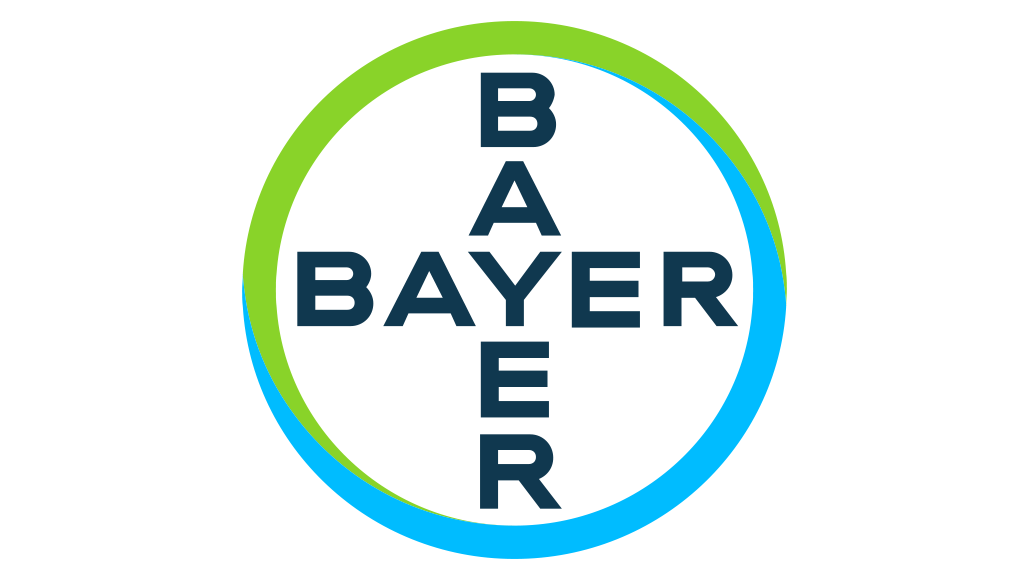Bayer has secured regulatory clearance in both the United States and the European Union for Lynkuet, a non-hormonal therapy for vasomotor symptoms (VMS), marking a significant step in the company’s effort to expand its global women’s health portfolio.
The back-to-back approvals position Lynkuet as one of Bayer’s most strategically important pipeline assets, reflecting the commercial potential of a product aimed at a rapidly expanding patient base and a therapeutic category undergoing accelerated innovation. With decisions now finalised on both sides of the Atlantic, Bayer is preparing to scale the rollout across major pharmaceutical markets.
The European Commission has authorised Lynkuet menopause treatment (elinzanetant) for moderate to severe VMS linked to menopause or endocrine treatment for breast cancer. This follows the FDA’s approval, granted roughly one month earlier, for the menopause-related VMS indication in the U.S. The drug, an oral neurokinin (NK) 1 and 3 antagonist, enters a competitive field currently led by Astellas’ NK 3 antagonist Veozah/Veoza (fezolinetant), which received its first approval in 2023 for menopause-related VMS.
Market interest in non-hormonal VMS therapies has grown steadily, with Astellas reporting that Veozah/Veoza sales rose nearly 55% in the first six months of the current fiscal year to approximately $146 million. However, updated FDA labeling that includes a warning on rare but serious liver injury has reshaped expectations for the product’s long-term growth. Lynkuet menopause treatment faces related considerations, as its use has been linked to elevated liver enzyme levels requiring regular blood-test monitoring.
Bayer has positioned Lynkuet as its next major pharmaceutical launch, planning commercial availability in the U.S. this month. The therapy has now been approved in the U.S., EU, UK, Australia, Canada, and Switzerland. Demand potential is extensive: an estimated 1.2 billion women worldwide are expected to experience menopause by 2030, while millions receive breast cancer diagnoses each year, with about 70% presenting HR-positive tumours treated with endocrine therapies that commonly induce VMS.
“Menopause symptoms, including hot flashes, can greatly affect women’s quality of life,” said Nick Panay, a gynaecologist at Imperial College London and a principal investigator in one of the supporting clinical trials. “This approval is an important milestone in the area of menopause care as it expands therapeutic options for women experiencing distressing menopause symptoms with a novel targeted hormone-free treatment and facilitates healthcare professionals to achieve more personalised treatment,” he added.
A potential variable for the drug’s commercial trajectory is the FDA’s recent removal of black-box warnings related to breast cancer, cardiovascular disease, and dementia from hormone replacement therapies (HRT), a shift that could renew interest in hormonal treatments and influence uptake of newer non-hormonal options.

























